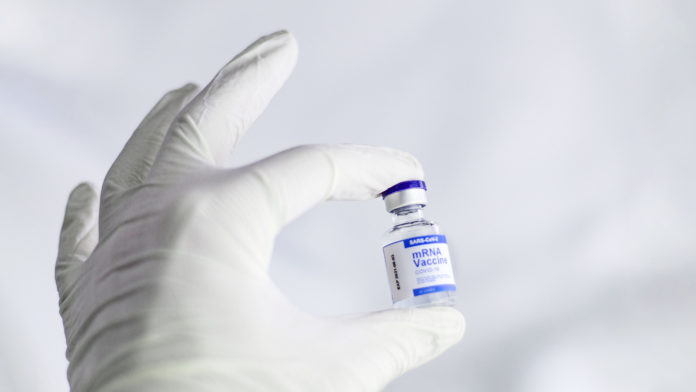Many people have a fear of needles, and this anxiety can prevent as many as 8 percent of Canadians from getting a shot even if they want one. If this describes you or someone you know, there are strategies that can help.
As the COVID-19 vaccine rollout presses forward, it will take more effort to target Canadians who are still waiting to get their shots. Addressing barriers like needle phobia will be critical to reach those final citizens. Anna Taddio, professor of pharmacy at the University of Toronto, is identifying sources of anxiety around vaccination to support ways to address them.
In a 2012 study, Taddio surveyed visitors at the Ontario Science Centre living in the Greater Toronto Area. The survey asked 1,024 children and 883 parents about needle fears, which were reported by two thirds of children and a quarter of adults. This has real implications for vaccine uptake, with 1 in 12 study participants reporting skipped vaccinations for no other reason than their needle phobia.
To overcome this hurdle, Taddio advocates for the CARD system — Comfort, Ask, Relax, and Distract — to help people advocate for their needs.
Under this paradigm, staff at a vaccine site ask people which “CARD” they would like to play to make their experience better. For example, someone could Ask to be vaccinated in a private place or to be able to lie down. Another person might choose to Distract themselves by listening to music or having access to an electronic device. This system opens up a dialogue so that people feel welcome to ask for what they need.
A numbing cream — like Emla, Ametop and Maxilene — can also help by dulling needle pain when applied to the skin a half hour before vaccination. They are more effective than an oral pain reliever like ibuprofen or acetaminophen, and can be purchased at a pharmacy.
Pharmacists and primary care physicians are also set to play a larger role in the vaccine rollout. This move will create smaller and more relaxed settings that may be better suited to serve people with needle phobia than mass vaccination clinics.
People with severe aversion to needles may need to do more work to prepare. Anxiety Canada’s MindShift CBT app is a free evidence-based tool that uses Cognitive Behavioural Therapy to help people reduce their anxiety. Interactive exercises help users reorient their thinking and stay calm. For people who are prone to fainting at the sight of a needle, they also offer practical tips for prevention or faster recovery.
Vaccination is critical to controlling the spread of COVID-19 as cities reopen. Every person who steps up to get a shot matters, especially in this final push. Helping people manage their anxiety will go a long way towards closing the gap.








































